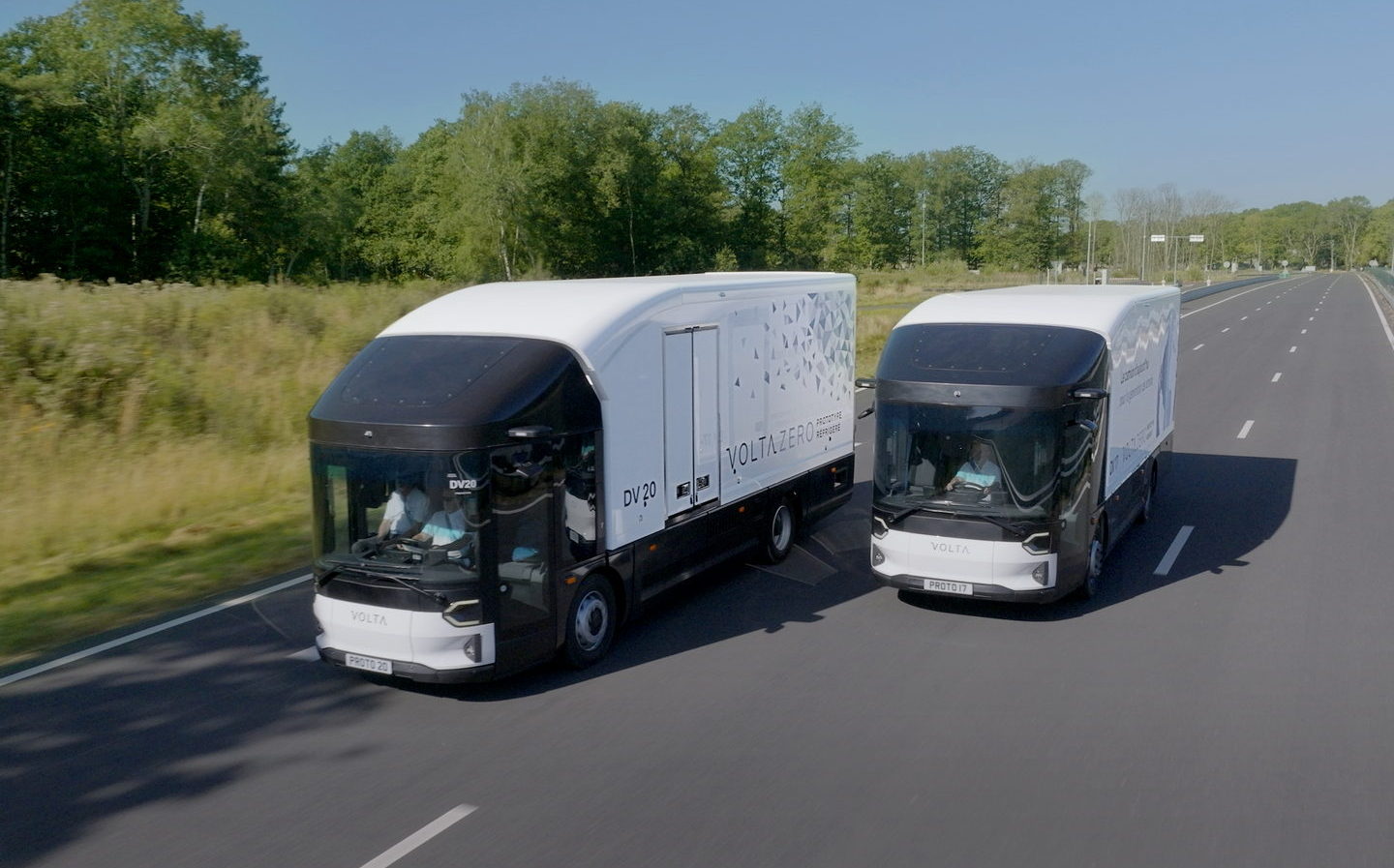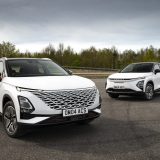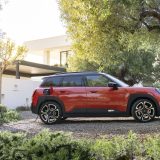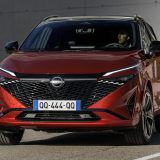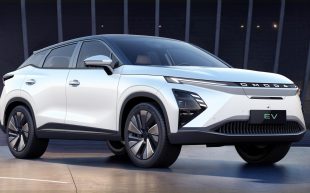Electric lorry firm Volta Trucks to go into administration
Established truck makers doing better
Electric lorry manufacturer Volta Trucks has confirmed it will file for administration in the UK following the recent loss of its battery supplier.
The company, with headquarters in London and Stockholm, has already filed for bankruptcy in Sweden after battery supplier Proterra filed for Chapter 11 bankruptcy in California.
Founded in 2019, Volta Trucks launched the world’s first purpose-built, 16-tonne pure-electric truck in 2020. Dubbed the Volta Zero, the vehicle was designed for city-centre operations and development vehicles were built by Prodrive Advanced Engineering in Banbury, Oxfordshire.
After piloting the product in five European countries, the company said it had received “fantastic feedback” and a “strong pipeline of highly reputed customers”.
However, Volta Trucks says Proterra’s decision to file for bankruptcy has had a “significant impact” on its manufacturing plans, reducing its ability to build the volume of vehicles previously planned.
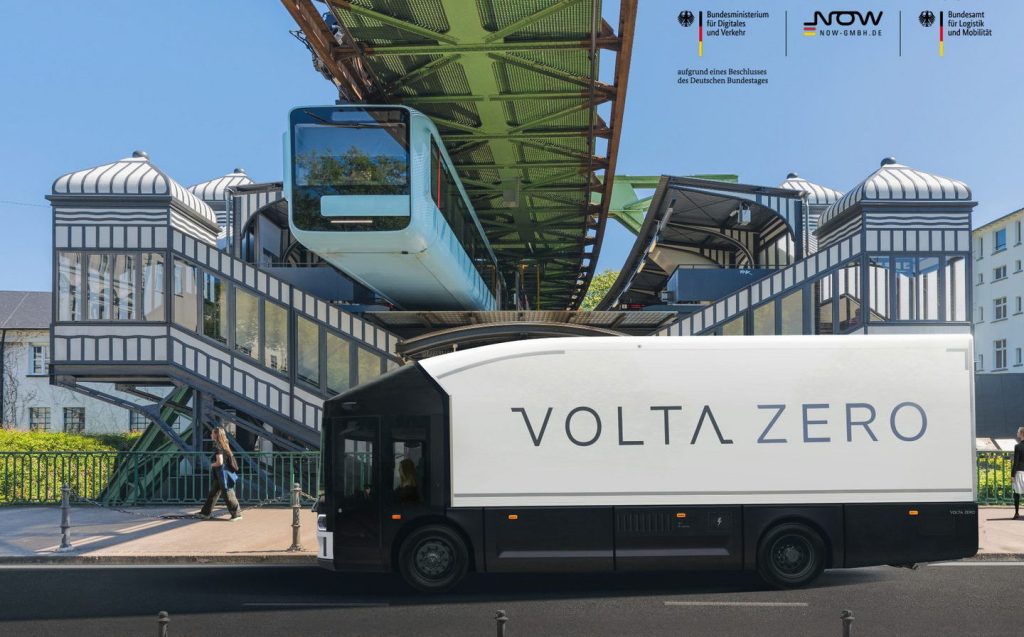
Funding at the root of the issue
The company also says uncertainty surrounding the battery supplier’s future “negatively affected [Volta Trucks’] ability to raise sufficient capital.”
As a result, Volta says its UK operation will shortly file for administration, with insolvency practitioners from Alvarez & Marsal anticipated to take charge.
Other group “entities” around Europe will also soon file for insolvency proceedings in the relevant jurisdictions.
“Volta Trucks accomplished a great deal from a standing start in 2019, revolutionising commercial vehicle operations for a sustainable future,” said the company’s board in a statement.
“We created the world’s first purpose-built 16-tonne all-electric truck, including a unique cab and chassis design, that would have contributed to decarbonising the environment and enhanced the health and safety and air quality of urban centres.
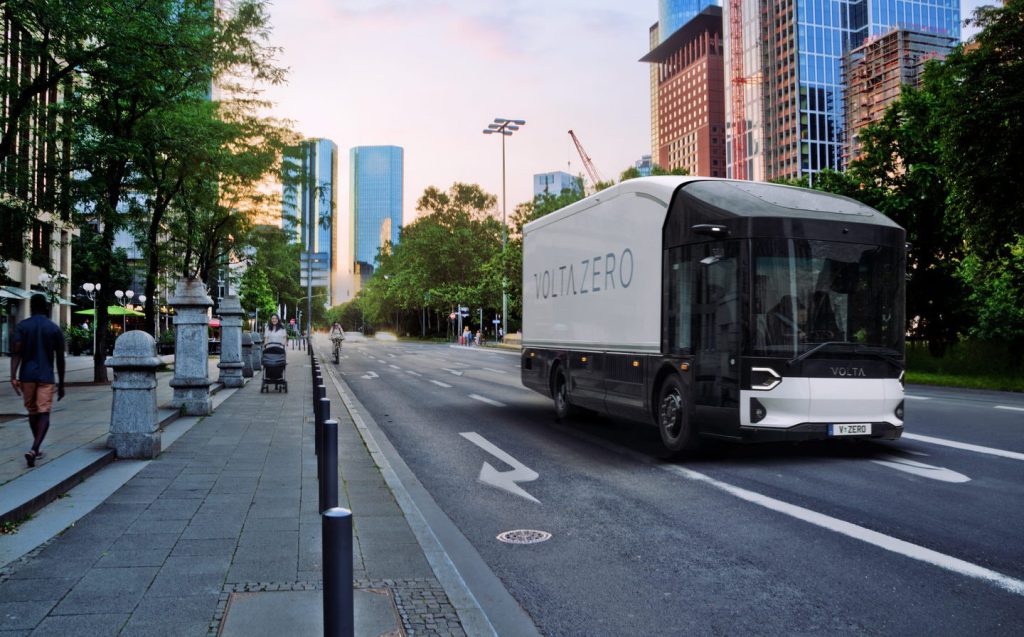
“With deep and sincere regret, the board has therefore taken the difficult decision to take steps to file for bankruptcy proceedings in Sweden.
“The board has not taken this course easily or lightly and is fully aware of the significant impact this will have on the organisation’s dedicated workforce, as well as customers and partners. We would like to sincerely thank the Volta Trucks team and are incredibly proud of their pioneering work to deliver such an innovative zero emission commercial vehicle.”
Around 600 UK jobs are reportedly at risk as a result of the firm’s collapse.
Other electric commercial vehicle manufacturer issues
Volta Trucks is the latest electric commercial vehicle maker to hit trouble, after British electric van firm Arrival earlier this year announced plans to cut its workforce to around 800 people worldwide in a bid to reduce costs.
Lordstown Motors, which was created to save an old General Motors factory in Ohio, USA, filed for bankruptcy over the summer, while Chinese firm WM Motor has also gone to the wall in recent weeks.
However, better-known manufacturers including Volvo and DAF are also bringing out electric trucks, with DHL taking delivery of four 40-tonne Volvo FM HGVs and becoming the first company to operate them in the UK as a result. Building firm Holcim has also agreed to take on 1,000 electric Volvo trucks by 2030.
Meanwhile DAF has also put electric trucks on the road, with Amazon UK operating five DAF CF trucks, while Rotterdam City Council is also operating an electric HGV.
The Dutch company has a growing range of vehicles and is swelling its ranks in a bid to take on Tesla, which made waves by delivering the first Tesla Semi truck in 2022. However, by that point, the vehicle was already three years late.
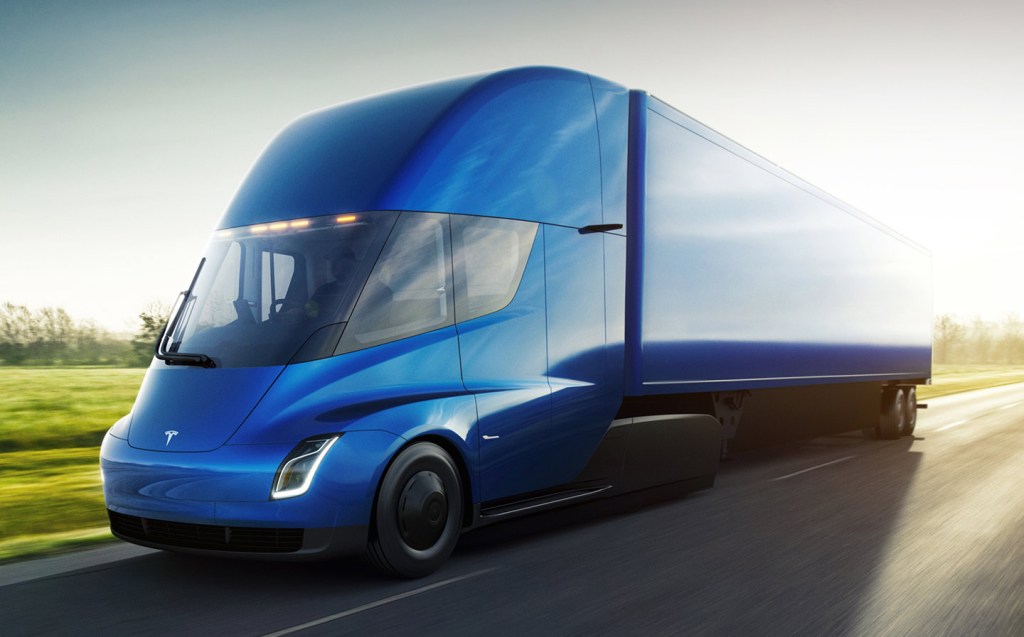
The market for zero-emission trucks, therefore, is clearly beginning to emerge, but start-ups in particular seem to find funding tricky. Indeed, in its statement to the press, Volta Trucks confessed “an already challenging capital-raising environment for electric vehicle players” exists globally, with difficulties in raising funding to build new vehicles.
Related articles
- If you found the news about Volta Trucks’ demise interesting, you may want to read all about the Britishvolt EV battery factory story
- Or catch up on all the car makers’ electric plans
- Did you see the new Ineos Grenadier Quartermaster pickup truck?
Latest articles
- Omoda 5 prototype review: Bargain family SUV is solid first effort for new Chinese brand
- Dacia Duster 2024 review: Rugged, affordable SUV modernised with electrification and quite the glow up
- Audi A3 Sportback 2024 review: Softly, softly, catchy premium hatchback buyer
- New electric-only Mini Aceman fills gap between Mini Cooper hatch and Countryman SUV
- Tesla driver arrested on homicide charges after killing motorcyclist while using Autopilot
- Porsche Macan 2024 review: Sporty compact SUV goes electric, but is it still the class leader for handling?
- F1 2024 calendar and race reports: What time the next grand prix starts and what happened in the previous rounds
- Aston Martin DBX SUV gets the interior — and touchscreen — it always deserved
- Nissan unveils bold look for updated Qashqai, still made in UK


